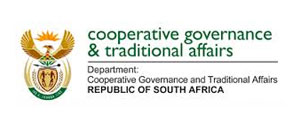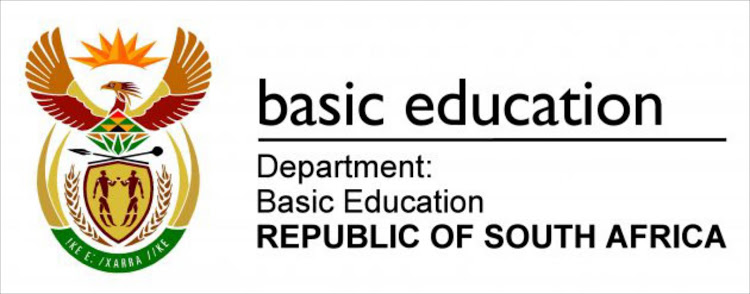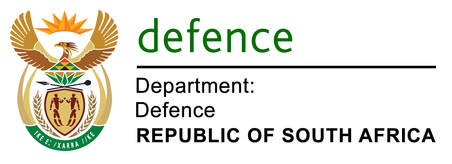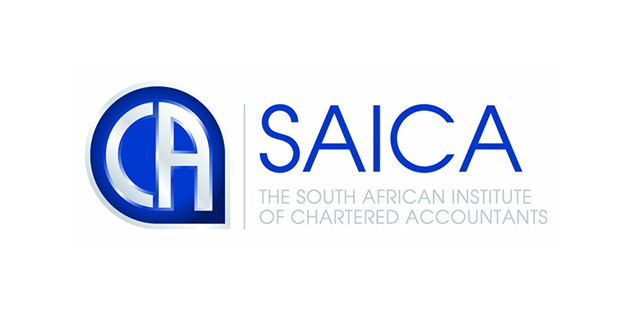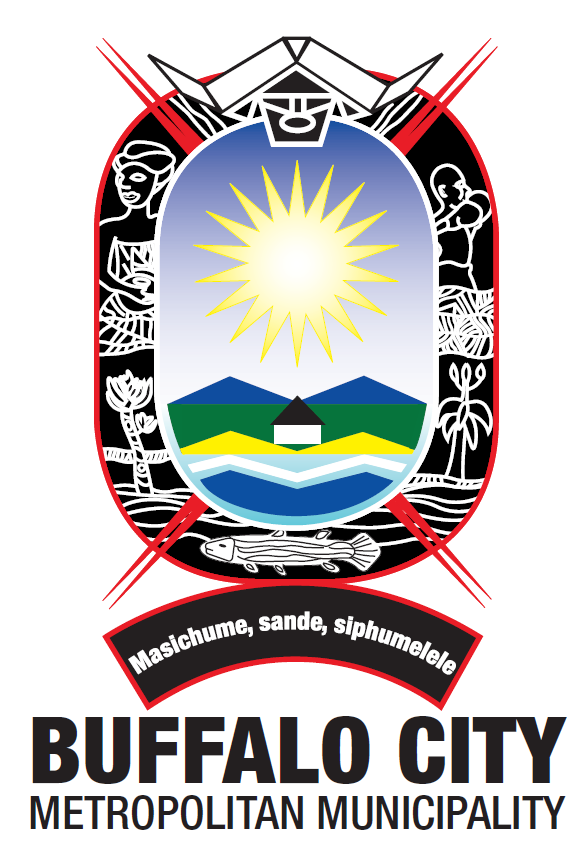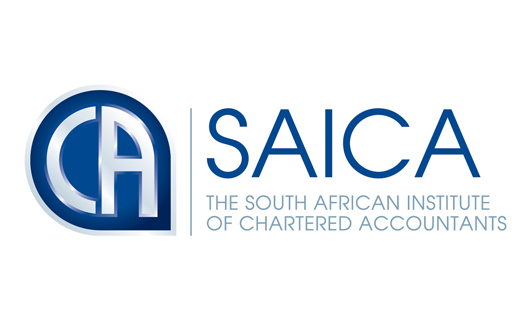Advanced Diploma
Type specifications
NQF Exit Level: 7
Minimum total credits: 120
Minimum credits at Level 7: 120
Designators
Not applicable
Qualifiers
Specific, maximum two
Examples: Advanced Diploma in Taxation; Advanced Diploma in Communication, in Digital Media
Abbreviations
AdvDip (Taxation), AdvDip (Communication) (Digital Media)
Purpose and characteristics
This qualification has a number of different purposes, depending on a student's circumstances and the nature of the programme. It may provide entry-level vocational or professional preparation or specialisation for Bachelor's Degree graduates or diplomates by offering an intensive, focused and applied specialisation which meets the requirements of a specific niche in the labour market. For example a BSocSci graduate might register for an Advanced Diploma in Human Resource Management in order to enter the field of human resources; a BSc graduate might register for an Advanced Diploma in Education (or PGCE, see exceptions) in order to become a science teacher, or a BSc (Pharm) graduate might register for an Advanced Diploma in Marketing in order to become a marketing consultant in the pharmaceutical industry. Programmes offering this qualification are therefore particularly suitable for continuing professional development through the inculcation of a deep and systematic understanding of current thinking, practice, theory and methodology in an area of specialisation. This qualification may also be designed to prepare students for postgraduate study through the deepening of their knowledge and understanding of theories, methodologies and practices in specific academic disciplines and fields, as well as the development of their ability to formulate, undertake and resolve more complex theoretical and practice-related problems and tasks through the selection and use of appropriate
methods and techniques.
Minimum admission requirements
An appropriate Diploma or Bachelor's Degree
Progression
Completion of an Advanced Diploma may be presented for entry into a Postgraduate Diploma, a Bachelor Honours Degree or a Bachelor's Degree. Accumulated credits may also be presented for entry into a cognate Bachelor's degree. A qualification may not be awarded for early exit from an Advanced Diploma.
http://www.che.ac.za/sites/default/files/publications/HEQSF%202013.pdf
Advanced Diploma
Type specifications
NQF Exit Level: 7
Minimum total credits: 360
Minimum total credits at Level 7: 120
or
NQF Exit Level: 8
Minimum total credits: 480
Minimum total credits at Level 8: 120
Designators
Bachelor's Degree designators are specific and indicate only broad and generic areas of study, disciplines or professions. Examples include: Bachelor of Arts, Bachelor of Social Science, Bachelor of Science, Bachelor of Commerce, Bachelor of Engineering, Bachelor of Architecture, Bachelor of Agriculture, Bachelor of Law, Bachelor of Education, Bachelor of Nursing, and Bachelor of Business Science.
Qualifiers
Specific, maximum two
Abbreviations
BA, BSc, BSocSci, BCom, LLB, BAgric, BEd, BBusSci, BSc (Life Sciences), BA (Applied Linguistics), BAgric (Animal Science), BCom (Human Resource Management), BBusSci (Actuarial Sciences)
Purpose and characteristics
There are two types of Bachelor's Degrees, namely general and professionally-oriented Bachelor's Degrees. Both types of degree may be structured as a 360-credit qualification with an exit at level 7 or as a 480-credit qualification with an exit at level 8 on the National Qualifications Framework. (It is also possible to structure a 480-credit Bachelor's degree with an exit at NQF level 7). The 480-credit Bachelor's Degree at NQF level 8 has both a higher volume of learning and a greater cognitive demand than the 360-credit degree at Level 7 and should prepare students to be able to undertake Master's level study by providing them with research capacity in the methodology and research techniques of the discipline.
The primary purpose of both the general and the professional Bachelor's Degree is to provide a well rounded, broad education that equips graduates with the knowledge base, theory and methodology of disciplines and fields of study, and to enable them to demonstrate initiative and responsibility in an academic or professional context. Both the 360 and 480-credit Bachelor's Degrees may require students to undertake research in a manner that is appropriate to the discipline or field of study in order to prepare them for postgraduate study. The general Bachelor's Degree emphasises general principles and theory as preparation for entry into general employment or for a postgraduate progamme. The professional Bachelor's Degree prepares students for professional training, post-graduate studies or professional practice in a wide range of careers. Therefore it emphasises general principles and theory in conjunction with procedural knowledge in order to provide students with a thorough grounding in the knowledge, theory, principles and skills of the profession or career concerned and the ability to apply these to professional or career contexts. The degree programme may contain a component of work-integrated learning. Some professionally-oriented Bachelor's Degree programmes are designed in consultation with a professional body and recognised by a professional body as a requirement for a licence to practice that profession.
Minimum admission requirements
The minimum entry requirement is the National Senior Certificate or the National Certificate (Vocational) with appropriate subject combinations and levels of achievement, as defined in the Minister's policies: Minimum Admission Requirements for Higher Certificate, Diploma and Bachelor's Degree Programmes Requiring a National Senior Certificate, Government Gazette, Vol 751, No 32131 of 11 July 2008, and Minimum Admission Requirements for Higher Certificate, Diploma and Bachelor's Degree Programmes requiring a National Certificate (Vocational), published in the Government Gazette, Vol. 533, No. 32743, November 2009. Alternatively, a Higher Certificate or an Advanced Certificate or Diploma in a cognate field may satisfy the minimum admission requirements.
Progression
A Bachelor's Degree is the minimum entry requirement for admission to a Bachelor Honours Degree or Postgraduate Diploma. A Level 8 Bachelor's Degree with 480 credits may also meet the minimum requirement for admission to a cognate Master's Degree. Entry into these qualifications is usually in the area of specialisation or in the discipline taken as a major in the Bachelor's Degree. A qualification may not be awarded for early exit from a Bachelor's degree.














